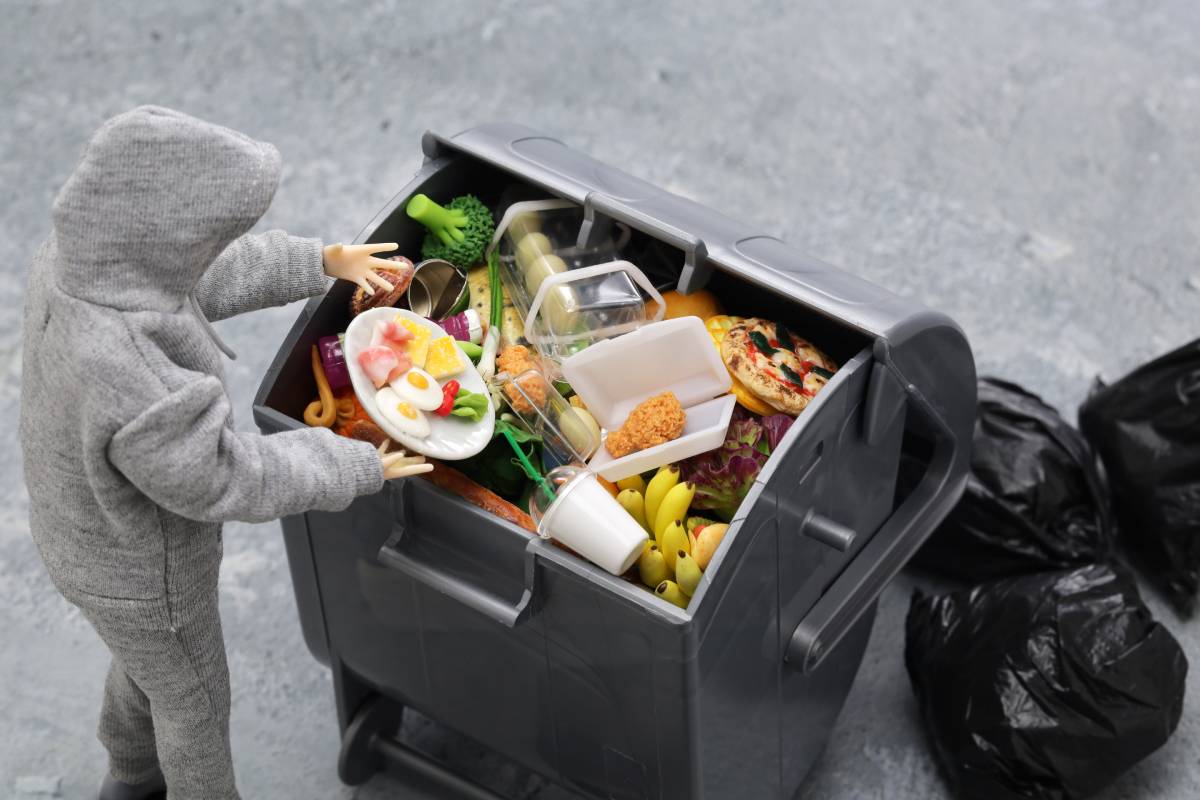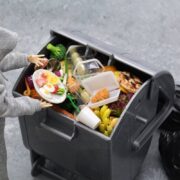Composting is often recognised for its environmental benefits, such as reducing landfill waste and improving soil health. However, the economic advantages of composting are equally compelling, offering significant savings and long-term financial gains for individuals, businesses, and communities.
By converting organic waste into nutrient-rich compost, composting helps reduce waste disposal costs, lessens the need for chemical fertilisers, and supports sustainable agricultural practices.
Composting not only saves money but also creates jobs, boosts local economies, and promotes a culture of waste reduction, contributing to a more sustainable economic future. It provides long-term financial benefits while supporting environmental goals.
How Composting Helps Economically
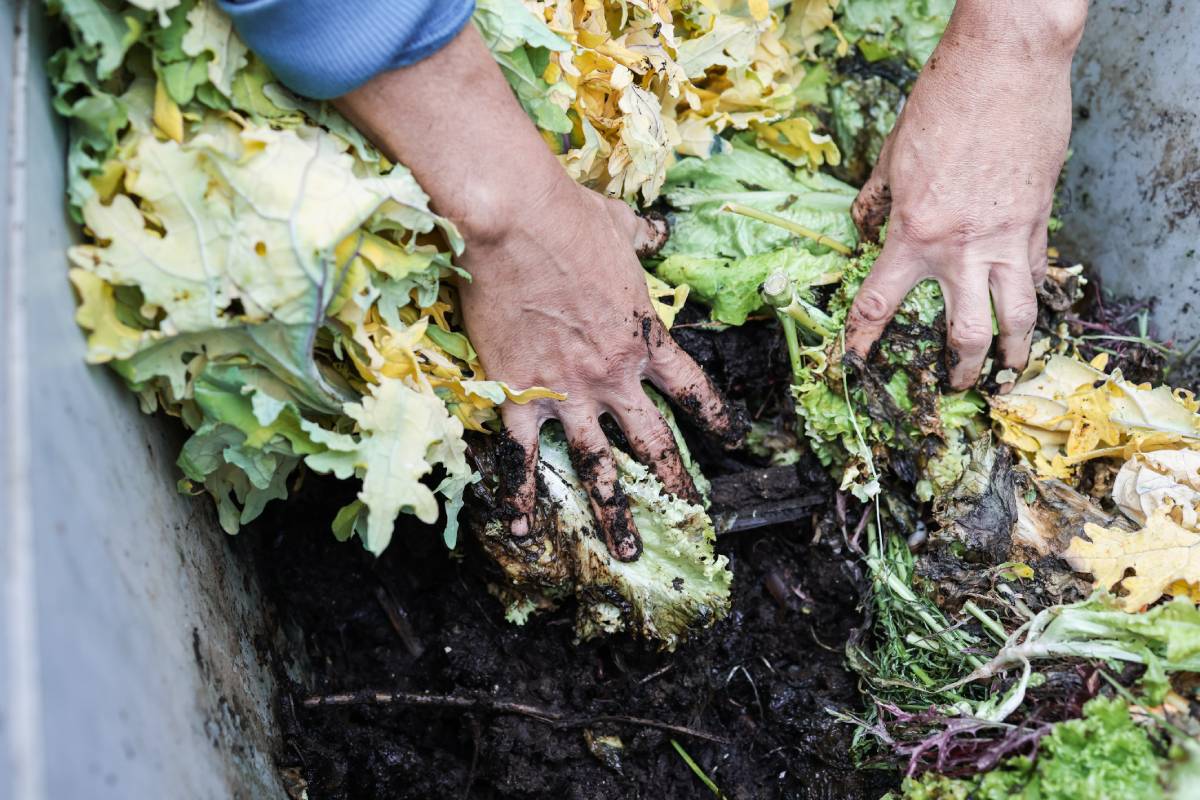
Composting, often viewed as an environmentally friendly practice, offers significant economic advantages that go beyond its ecological benefits. By converting organic waste into valuable compost, individuals, communities, and businesses can save money, reduce waste management costs, and create more sustainable and productive systems. Composting not only benefits the environment but also provides an opportunity for economic growth, cost savings, and job creation.
What is Composting?
Composting is the natural process of breaking down organic matter, such as food scraps, yard trimmings, and agricultural waste, into nutrient-rich humus that improves soil health. It is driven by microorganisms, fungi, and insects. Composting can be done at home or on a larger scale at commercial facilities.
For larger operations, food waste composting machines speed up the process, efficiently handling large amounts of organic waste and turning it into compost quickly.
This method helps divert waste from landfills, reduces greenhouse gas emissions, and produces valuable compost for gardening, agriculture, or landscaping. Food waste composting machines make the process faster and more efficient, supporting sustainable waste management.
Does Composting Save Money?
Yes, composting can save money in several ways. Here are some key areas where composting can directly and indirectly reduce costs:
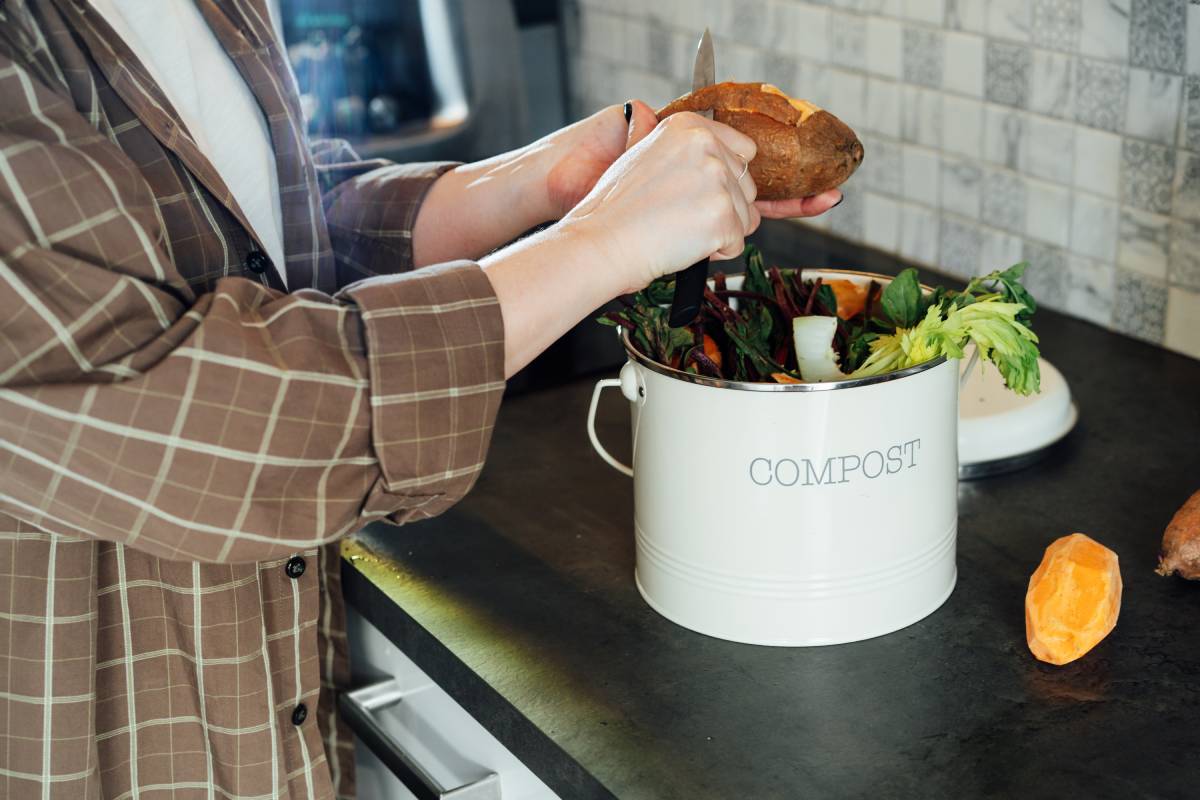
1. Reducing Waste Disposal Costs
The cost of waste disposal is a concern for both households and businesses, with fees often based on the weight or volume of waste. Composting reduces the amount of waste sent to landfills or incinerators, lowering disposal costs. Households save on waste collection, while businesses, especially in food service and agriculture, can also cut costs by composting organic waste.
Food waste composting machines accelerate decomposition, helping businesses handle large volumes of waste efficiently. The savings in disposal fees and potential revenue from selling compost make these food waste composting machines a cost-effective investment. Overall, composting, especially with machines, reduces waste management costs and contributes to sustainability efforts.
2. Reducing the Need for Chemical Fertilisers
One of the key financial benefits of composting is the production of high-quality compost, which can replace expensive chemical fertilisers. Compost is a cost-effective alternative for gardeners, farmers, and landscapers, reducing reliance on fluctuating fertiliser prices.
The HASS Thailand electric food waste composting machine enhances this process by efficiently turning organic waste into compost, helping businesses and households save on disposal costs while producing valuable compost for gardening or agriculture.
Adding food waste composting machines to the process further enhances these financial benefits. These machines accelerate the decomposition of organic waste, allowing for faster and more efficient compost production.
The HASS Thailand electric food waste composter is specifically designed to handle large volumes of food scraps quickly and effectively. It is particularly well-suited for businesses such as restaurants or food processing plants that generate substantial amounts of organic waste and are seeking a reliable and sustainable waste management solution.
3. Improved Soil Health and Increased Crop Yields
For farmers, one of the key economic benefits of composting is the improvement in soil health. Compost enhances soil structure, promotes better water retention, and supports beneficial soil organisms.
These improvements lead to better crop yields and reduced need for costly irrigation or pesticides. Healthy soils are more resilient to drought, pests, and diseases.
In addition, composting helps reduce soil erosion, which can result in the loss of topsoil and make it more difficult and expensive to grow crops. By using compost, farmers can rebuild and maintain their soil, ultimately leading to higher productivity and lower long-term costs.
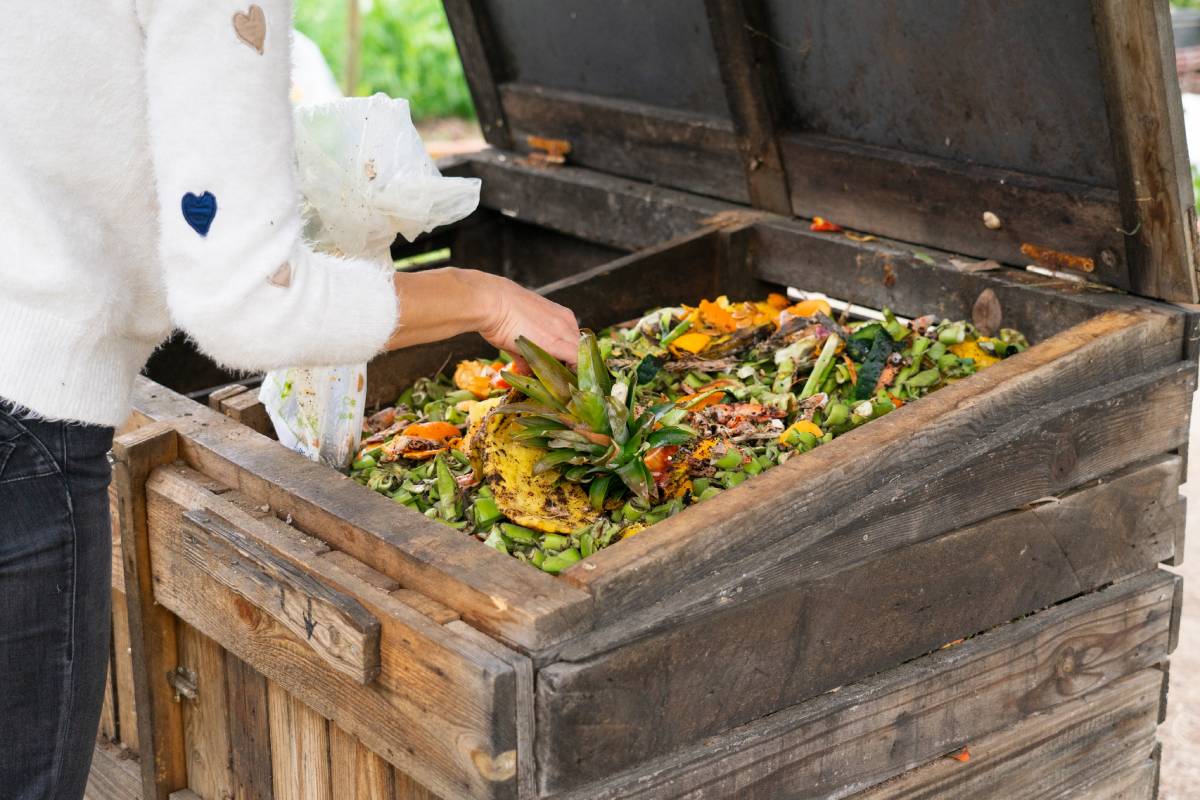
4. Job Creation and Local Economies
The composting industry contributes to economic growth and job creation by requiring workers for local composting facilities to manage operations, process waste, and distribute compost. These facilities also offer training programs, enhancing workforce skills.
Increased demand for compost creates new markets for businesses in production, transportation, and use, while local governments can stimulate job creation through composting programs that support green businesses in both urban and rural areas.
What Are the Economic Benefits of Waste Reduction?
Waste reduction is one of the primary goals of composting, and it offers several economic advantages beyond the immediate savings from reduced waste disposal costs. The following are key ways in which waste reduction benefits the economy:
1. Decreased Landfill Costs
Landfills are expensive to build, operate, and maintain. The costs associated with landfills include land acquisition, environmental monitoring, transportation, and long-term site management.
Furthermore, as waste in landfills decomposes, it releases methane gas, a potent greenhouse gas that contributes to climate change.
By diverting organic waste through composting, municipalities can reduce the volume of waste going to landfills, which in turn helps lower landfill-related costs. Less reliance on landfills also reduces the need for new waste disposal sites, which can be costly to establish and maintain.
2. Lowering the Carbon Footprint
The environmental impact of waste management is another area where food waste composting machines offer economic benefits.
Landfills and waste incineration contribute significantly to carbon emissions, which are associated with climate change. By adding food waste composting machines to the process, organic waste is efficiently processed, reducing methane emissions and sequestering carbon in the soil.
These machines accelerate decomposition, making compost production faster and more efficient. Composting reduces greenhouse gases, benefiting the environment and helping municipalities save on costs related to environmental damage and carbon emission regulations.
In areas where carbon emissions are taxed or regulated, municipalities and businesses that adopt food waste composting machines may be able to reduce their overall carbon footprint and avoid penalties or fines, contributing to long-term economic savings.
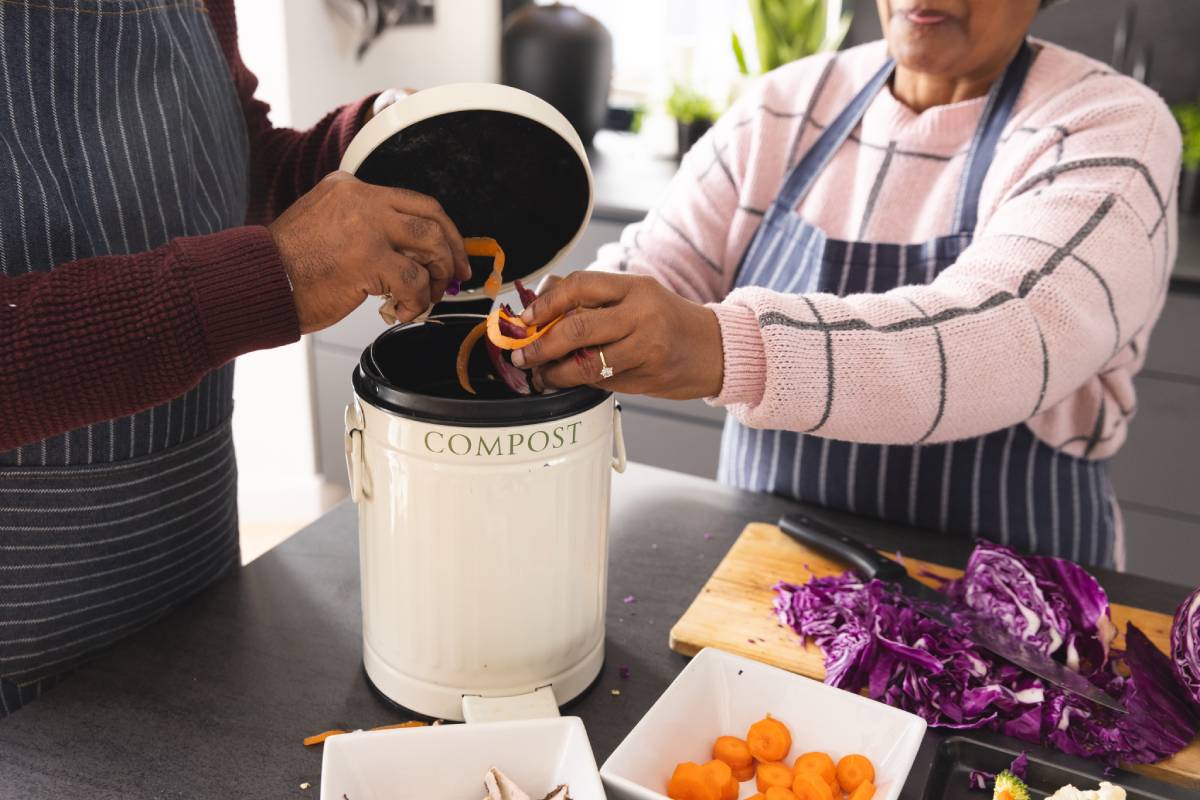
3. Reduced Demand for Raw Materials
Composting reduces the need for raw materials used in industrial processes. For example, food waste composting machines can process yard waste and food scraps, reducing the demand for virgin wood products and fresh mulch in landscaping and agriculture.
These machines help compost food scraps instead of sending them to landfills, reducing the need for additional resources to manage waste. By incorporating food waste composting machines, we conserve natural resources, lower raw material extraction costs, and support the circular economy by recycling nutrients back into the system.
4. Encouraging Sustainable Practices
Composting fosters a culture of sustainability and environmental stewardship, which can have economic benefits in the long run.
Communities and businesses that prioritise sustainability tend to create a more resilient local economy by supporting green businesses, improving resource efficiency, and reducing environmental harm.
Moreover, people and companies that embrace composting are often more willing to adopt other sustainable practices, such as reducing energy use, conserving water, and minimising waste in general. This mindset shift can drive innovation and open up new economic opportunities in the green sector.
Conclusion
Composting provides significant economic benefits by reducing waste disposal costs, lowering the need for chemical fertilisers, improving soil health, and supporting job creation, offering savings for households, businesses, and municipalities.
The introduction of food waste composting machines further enhances these benefits by accelerating the decomposition of organic waste, allowing for faster and more efficient compost production.
Moreover, composting plays a crucial role in reducing the demand for raw materials, lowering carbon emissions, and conserving valuable resources. As communities and businesses embrace composting as a strategy for waste reduction, they help foster sustainable practices that can lead to long-term economic growth.
Ultimately, the economic benefits of composting are far-reaching, creating a win-win scenario for both the economy and the environment. Through cost savings, resource conservation, and job creation, food waste composting machines are an essential tool in building a more sustainable and economically viable future.

